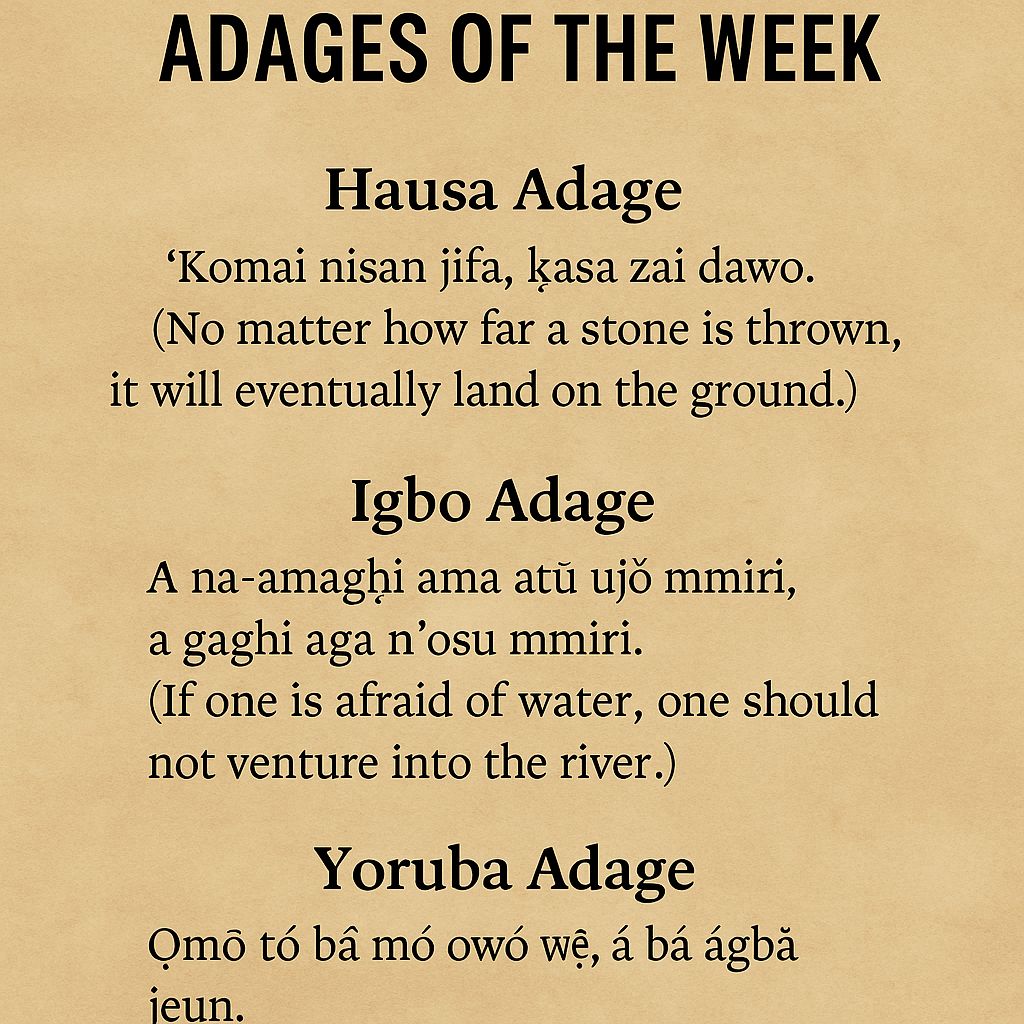Nigerians in Canada Driving Real Estate Investments Back Home

Introduction
Over the past decade, Nigeria’s real estate market has experienced significant growth, fueled in large part by diaspora contributions. Among the most active participants are Nigerians living in Canada, whose increasing investments in land, housing, and commercial property projects back home are reshaping communities and driving economic progress. This trend reflects both a desire to stay connected to their roots and the recognition of real estate as a stable, long-term investment in a country with rising urbanization.
Why Real Estate Appeals to Nigerians in Canada
For many Nigerians abroad, property ownership back home represents more than just financial security — it is an emotional and cultural anchor. In interviews, diaspora investors often highlight three main motivations:
1. Family Ties: Many see buying land or building a house as ensuring their families in Nigeria have stability. Some invest in family compounds or rental properties to provide income for relatives.
2. Wealth Preservation: With the naira’s volatility, real estate is considered a safer store of value compared to holding large sums in Nigerian bank accounts.
3. Future Retirement Plans: Many Nigerians in Canada dream of returning home after decades abroad. Real estate investments provide assurance of a comfortable retirement and a tangible legacy for their children.
Economic Impact in Nigeria
Diaspora real estate investment is no longer a personal matter; it now contributes substantially to Nigeria’s economy. According to the Central Bank of Nigeria (CBN), remittances from the diaspora account for over $20 billion annually, and real estate ranks among the top uses of these funds.
In urban hubs such as Lagos, Abuja, and Port Harcourt, developers report that more than 30% of their off-plan housing sales come from diaspora Nigerians. The Canadian diaspora community, in particular, has been noted for bulk purchases in newly developed estates. This influx of capital supports:
– Job Creation: Construction projects create employment for architects, engineers, artisans, and laborers.
– Infrastructure Growth: Estates funded partly by diaspora contributions often include roads, power supply systems, and schools.
– Banking Sector Growth: Mortgage financing and cross-border transfer services see increased activity.
Investment Patterns: From Single Homes to Large-Scale Projects
Earlier, diaspora Nigerians typically bought land or built single-family houses. Today, the trend is shifting toward diversified portfolios. Many are pooling resources with friends or family to fund:
– Rental Apartments: Providing steady income in cities with high housing demand.
– Commercial Real Estate: Office spaces, shopping complexes, and warehouses.
– Estate Development Partnerships: Nigerians in Canada are collaborating with developers to finance gated communities targeting middle-income buyers.
This transition reflects growing sophistication among diaspora investors, many of whom are educated professionals in Canada with exposure to structured investment models.
Barriers and Risks
While the trend is positive, challenges remain. Nigerians in Canada often cite:
1. Fraud and Trust Issues: Stories of relatives mismanaging funds or selling fake land are common.
2. Legal Complexities: Land tenure systems in Nigeria can be confusing, especially across different states.
3. Economic Volatility: Inflation and fluctuating building material costs can delay projects.
4. Poor Infrastructure: Lack of reliable electricity and roads affects long-term value in some areas.
To address these issues, many now turn to real estate companies that specialize in diaspora clients, offering verified land titles, legal services, and project monitoring.
The Role of Technology
Digital platforms have become game-changers in building trust. Nigerian developers now host virtual tours, 3D renderings, and livestreamed inspections so Canadians can evaluate projects without traveling. Payment apps, escrow services, and blockchain land registries are also reducing fraud risks.
One real estate entrepreneur in Toronto noted: “Technology bridges the trust gap. Nigerians in Canada can now see every stage of their building project on their phone, from laying the foundation to painting the walls.”
Case Study: A Community Housing Initiative
In 2023, a group of Nigerians in Calgary pooled $1.5 million to fund a 50-unit affordable housing project in Ibadan. Each investor contributed between $25,000–$50,000, and the project is set to be managed professionally with rental returns remitted quarterly. This marks a shift from individual investment to collective diaspora-driven urban development.
Diaspora Relevance and Identity
For Nigerians in Canada, investing in property back home reinforces identity and belonging. Many grew up with the cultural belief that “owning land means leaving a legacy.” The act of investing is not just financial but symbolic: it keeps them rooted in Nigeria while living thousands of miles away.
Moreover, this trend is reshaping diaspora-community relations in Canada. Real estate groups now organize investment seminars, networking events, and joint ventures, creating a bridge between Canadian Nigerian professionals and developers back home.
Future Outlook
Analysts predict that the next decade will see even greater diaspora influence in Nigeria’s real estate sector. With Canada’s Nigerian population growing — estimated at over 100,000 — and remittance flows steady, the sector is poised for expansion.
However, sustainable success will depend on:
– Stronger Legal Protections: Streamlined land registries and anti-fraud systems.
– Improved Infrastructure: Roads, power, and water must complement housing growth.
– Policy Support: Incentives such as diaspora mortgage schemes and tax reliefs could encourage larger inflows.
If well harnessed, Nigerians in Canada could drive not just real estate expansion but also urban renewal projects, making their hometowns more livable while securing profits.
Conclusion
Nigerians in Canada are playing a transformative role in Nigeria’s real estate sector. What began as sentimental investments in family houses has matured into structured ventures in estates, rentals, and commercial property. Despite challenges, their determination, combined with technology and collective strategies, is reshaping Nigeria’s urban future.
As one Nigerian-Canadian investor put it: “We may live in Toronto, but every block we build in Lagos is a reminder that home is never too far.”
Real estate is no longer just an asset class for Nigeria’s diaspora — it is a bridge between continents, a statement of identity, and a driver of national development.








